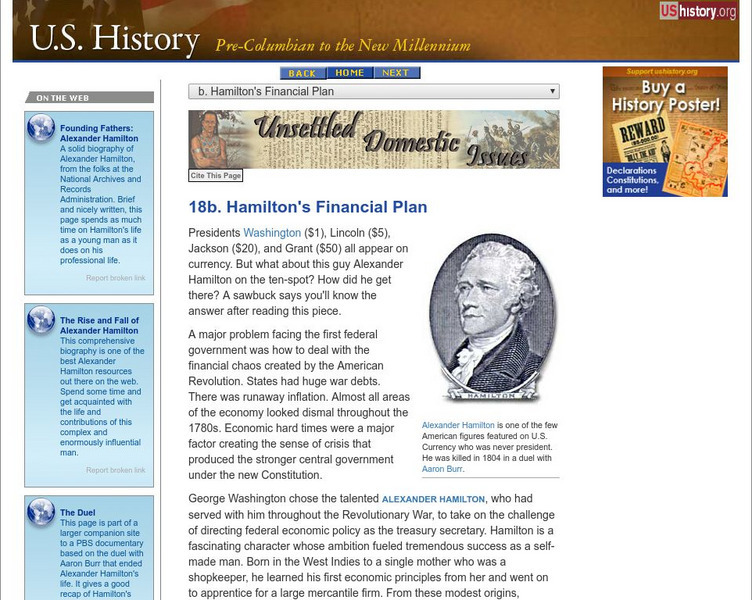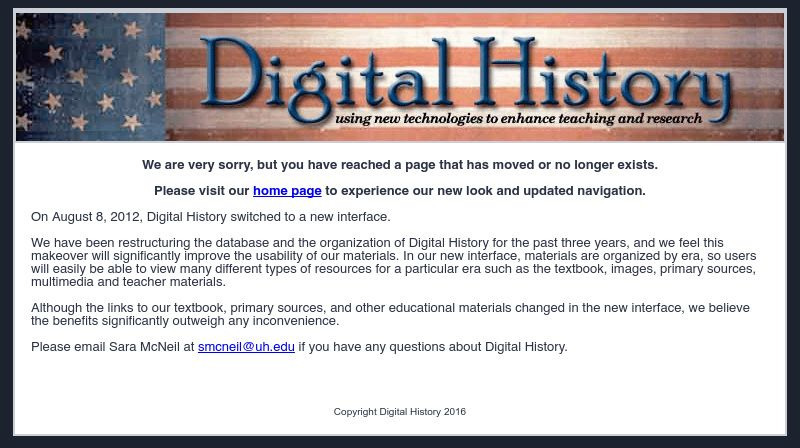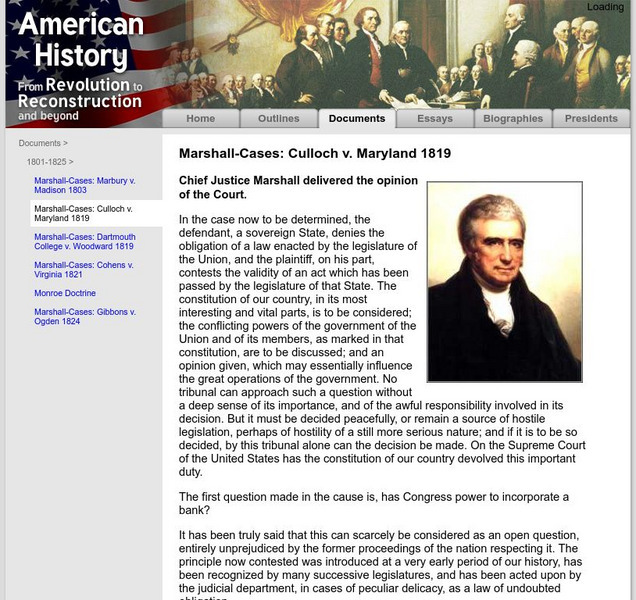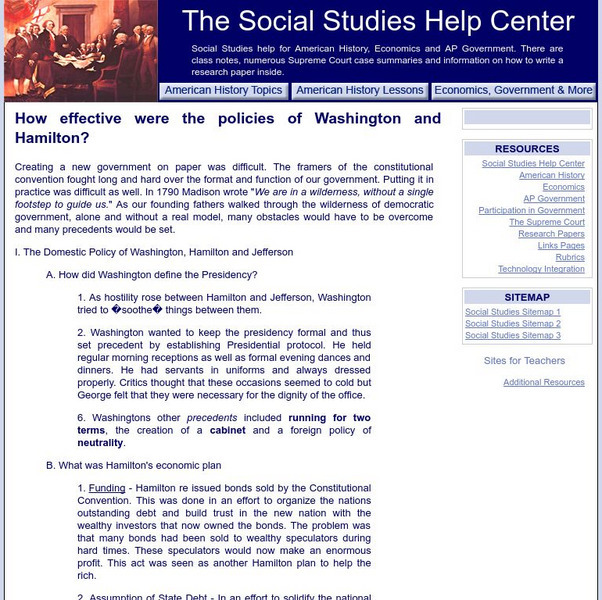Curated OER
Using Political Cartoons to Understand Historical Events
Examine historical perspectives through the use of political cartoons. Learners complete analysis activities related to the president's title, the establishment of the national bank, and the Jay Treaty.
Curated OER
Fine Tuning a Nation: Using Cartoons
Students examine political cartoons to gain an understanding of the political issues that George Washington faced. In this historical perspectives instructional activity, students analyze political cartoons about the National Bank, the...
Curated OER
Cartoon Analysis Worksheet Key National Bank
In this primary source analysis worksheet, students examine a political cartoon about the American National Bank and then respond to 10 analysis questions about the cartoons they select. The cartoon is not included and answers to each of...
Curated OER
Should the United States Have a Central Bank?
Students assess the validity of a national bank. They study the importance of McCullough v. Maryland. They review the arguments of Hamilton and Jefferson. They analyze the Tenth Amendment and the debate over state v. federal power. They ...
Curated OER
Cbc: Bank Profits: 2008
Even though there has been a downturn in the Canadian economy, banks have still made billions of dollars. Explore Canada's six big banks to find out how they made their money.
University of Groningen
American History: Presidents: Bank Veto Message, July 10, 1832
Here, read Andrew Jackson's "Bank Veto Message," which was originally spoken by Jackson in 1832.
Digital History
Digital History: Hamilton and Jefferson the Men and Their Philosophies [Pdf]
Thomas Jefferson and Alexander Hamilton played a huge role not only in crafting important documents in U.S. history, but also by serving as secretaries in George Washington's first cabinet. Read about their diametrically opposing...
Digital History
Digital History: Hamilton, Jefferson, First National Bank of the Us [Pdf]
As with so many other ideas, Thomas Jefferson and Alexander Hamilton were on opposite sides of the formation of a national bank. Read why Hamilton thought it was a great idea, why Jefferson opposed it, and what they each wrote to...
Gilder Lehrman Institute of American History
Gilder Lehrman Institute: History Now: The Early Republic
[Free Registration/Login Required] Read about the tremendous growing pains faced by the new republic of the United States from the presidency of George Washington up to the election of Thomas Jefferson. Find out about the domestic...
Independence Hall Association
U.s. History: Hamilton's Financial Plan
George Washington tasked Alexander Hamilton as the man to clean up the economic mess of the new republic. Read about his ideas, what they were unpopular at the time, but were really very forward thinking.
Digital History
Digital History: Shifting Political Values
A description of the changing ideas of the young Democratic Republicans and the three men who, in the 1820s, supported those values. These three men would be important players in the national government for the next 40 years.
University of Groningen
American History: Essays: Central Banking in the United States
This essay gives a background to understand the controversy surrounding the creation of a central bank in the United States.
University of Groningen
American History: Documents: Mc Culloch v. Maryland
This resource provides a summary of the case of McCulloch v. Maryland along with the majority opinion written by John Marshall.
Social Studies Help Center
Social Studies Help Center: Policy Effectiveness of Washington and Hamilton
Discover the effectiveness of Presidents Washington and Hamilton's domestic policies.
Siteseen
Siteseen: American Historama: The American System
Comprehensive resource provides detailed facts about Henry Clay and the economic plan called the 'American System'.
Siteseen
Siteseen: American Historama: First Bank of the United States
Describes how Alexander Hamilton established the First Bank in 1791 to handle the massive Revolutionary war debt and to create a standard form of currency.


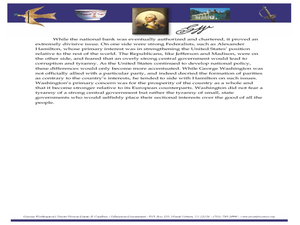
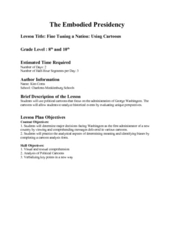



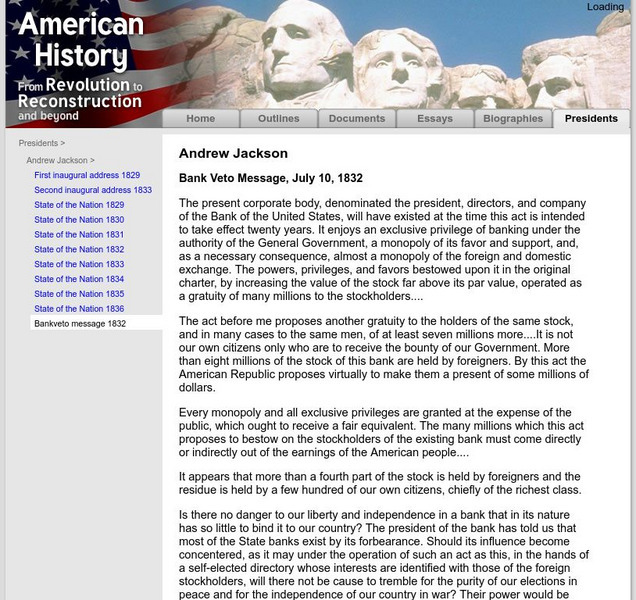
![Digital History: Hamilton and Jefferson the Men and Their Philosophies [Pdf] Website Digital History: Hamilton and Jefferson the Men and Their Philosophies [Pdf] Website](https://d15y2dacu3jp90.cloudfront.net/images/attachment_defaults/resource/large/FPO-knovation.png)
